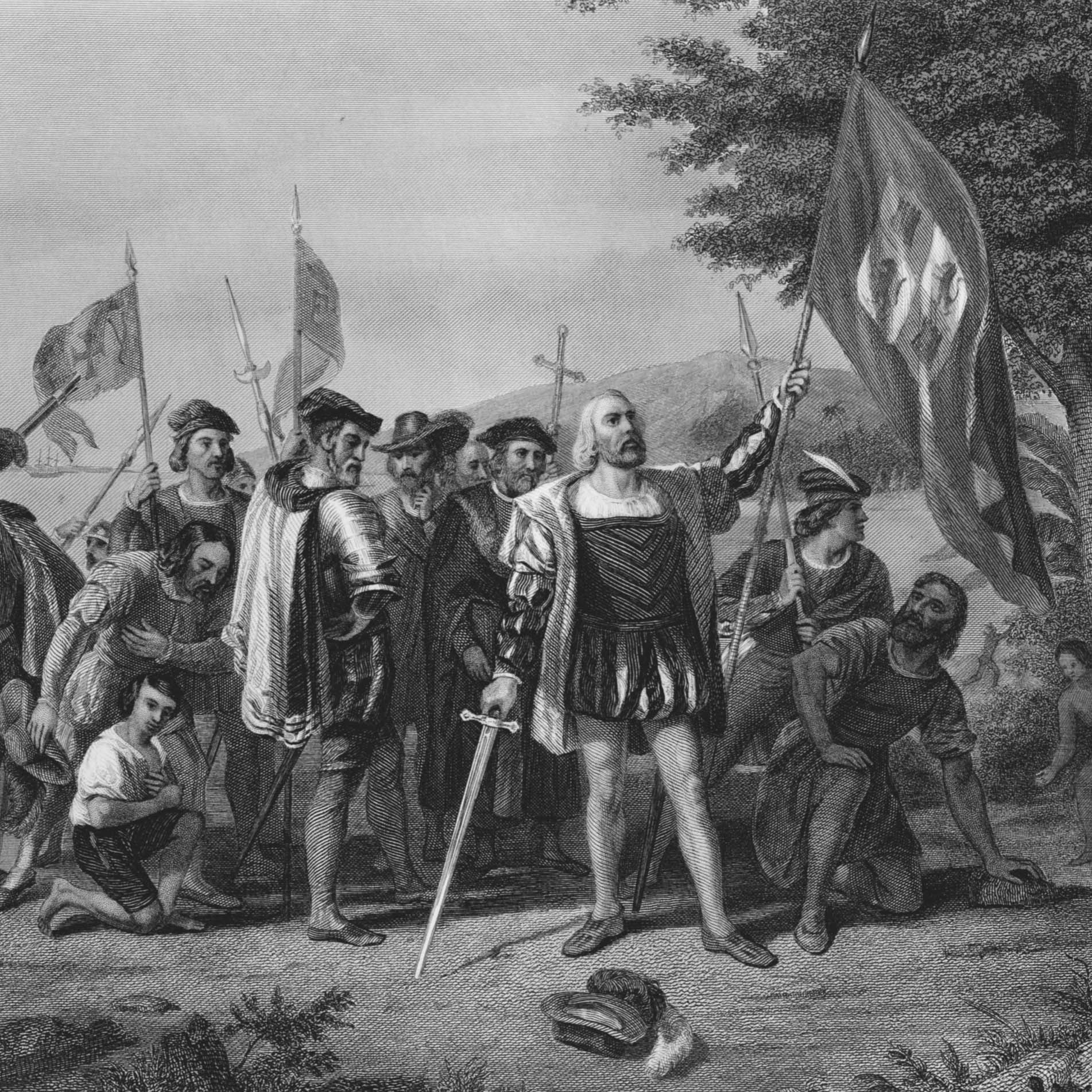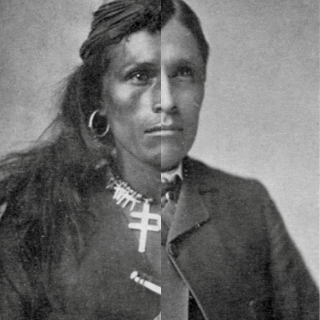1828 – 1887
In 1828, candidate Andrew Jackson ran on a distinctly anti-Indian platform – the resettlement of tribal nations out of the Southeastern U.S. After winning in a landslide, President Jackson lobbied Congress to pass the Indian Removal Act in 1830, which gave the President authority to negotiate relocation with Cherokee, Chickasaw, Choctaw, Muscogee, and Seminole communities and tribal nations. In 1831 the U.S. Supreme Court ruled that the Cherokee were a dependent domestic nation, making them essentially a ward of the U.S. government. The following year the Court reinforced its 1823 decision that only the United States had the right to deal with tribal nations. By this time, almost every treaty made between the U.S. and tribal nations included land cessions, removal and relocation, or both. Treaties promoting peaceful relations and economic partnerships were largely a relic of the past. The U.S. seized the opportunity to step up the pace of westward expansion by forcefully resettling tribal nations and communities, including the infamous Trail of Tears from 1830 to 1850. In 1871, Congress ended nation-to-nation treaty making and no longer considered tribal nations to be independent.





